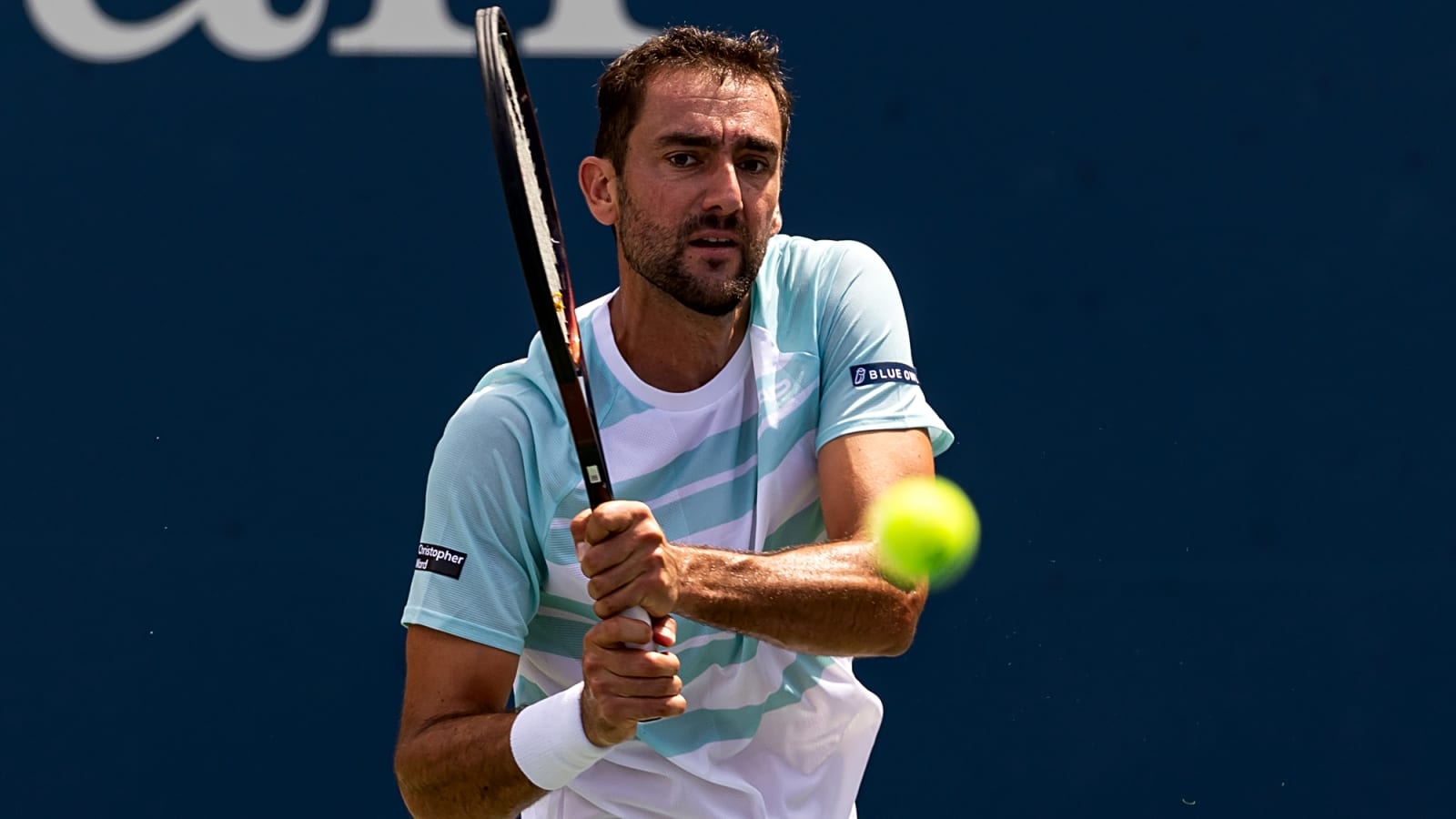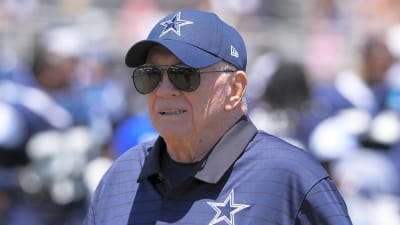
When Marin Cilic walks into Flushing Meadows, memories flood back. The Croatian star, who stunned the tennis world with his 2014 US Open victory, admits the emotions never fade. “It brings a lot of emotions coming here,” he reflects. “Winning that trophy in 2014 and having a lot of success here—it’s one of my best Grand Slam performances ever. It’s always a thrill to come back.”
Cilic describes New York as more than just another stop on the calendar. The city’s energy fuels him, and the Arthur Ashe Stadium in particular holds a special place in his heart. “The stadium gave me a great feeling—an oasis for tennis. For my offensive game, where I need clean contact, it was the perfect combination,” he says. The connection was so strong that in the days leading up to the tournament, he even told his team: “It’s impossible to play bad in this stadium.” They laughed at the time, but Cilic would soon prove himself right.
That fortnight in 2014, Cilic transformed from a strong contender into a Grand Slam champion. His stunning semifinal win over Roger Federer, followed by a commanding performance against Kei Nishikori in the final, sealed his place in history. “Serving it out was amazing,” he recalls. “When I won, it was pure emotion and happiness. Roger said some incredibly kind words at the net: ‘So happy for you, buddy.’ That was a beautiful moment.”
A decade later, the Croatian is still inspired by those memories, but his story is no longer just about past glory. After two knee surgeries and grueling rehab, Cilic is chasing a different kind of victory—the ability to keep competing. “It was extremely difficult mentally. At first, I thought: six months recovery, no problem. But it was up and down. The doubts crept in: will I play again?” he admits. “What kept me going was how good I felt in training. My level was amazing—I just needed the knee to hold.”
“I have huge resilience”: Overcoming surgeries and setbacks
Cilic eventually underwent a second surgery in Chicago with Dr. Brian Cole, a decision that gave him fresh hope. “It was a lifesaver. I did months of research myself before committing, and that gave me confidence. It gave me another chance,” he explains. That perseverance revealed qualities he hadn’t fully appreciated before. “I have huge resilience, humility, and respect for the sport and myself. For 15 years I was disciplined—never missed training, always gave 100%. I wanted to honour that past self and give him another chance. It would’ve been easy to quit, but I pushed harder.”
The comeback hasn’t just been physical. For Cilic, it’s also about rediscovering the joy of the game. Whether lifting trophies again or simply hitting balls with his children, he finds meaning in the smallest moments. “They love tennis. They’re very competitive: ‘No training, just play points!’ If I try to teach them, they say, ‘Leave us alone!’ But their love for the game is beautiful, and playing with them reminds me why I started.”
“It didn’t feel extraordinary”: The secret behind 2014
Looking back at his breakthrough Grand Slam, Cilic insists there was nothing magical before New York. “I was training well and had a good season, but it didn’t feel extraordinary. I had tough matches and tough losses. The difference came the week before the tournament. I found a balance of playing with instinct while playing responsibly. I was calm, well-prepared, and competed naturally. From the first match to the last, I kept getting better.”
His semifinal against Federer remains one of his greatest career performances, and playing the Swiss legend in earlier matches prepared him for that moment. “You start to feel his game, what you can do, how to play. Against the top guys you can’t just close your eyes and hit. You need strategy and a very high level. Without that, the chances are slim.”
“Without hard work, talent is not enough”: Lessons for the next generation
As a veteran, Cilic has become reflective about the lessons tennis has taught him—and what he hopes to pass on to his children. “Tennis teaches you that without hard work, talent is not enough. If you’re not 100%, it’s hard to climb the rankings. It teaches discipline, professionalism, long-term goal setting. And above all—stay humble. If you get too comfortable, it always hits you in the head.”
For a player who once lifted the US Open trophy and later fought his way back from the brink of retirement, those words carry weight. And whether it’s battling through endless drills, sharing the court with Federer, or rallying against his own body, Cilic has shown that his mantra—resilience, humility, and hard work—remains the foundation of his remarkable journey.
More must-reads:
- Jose Mourinho returns to Benfica: A full circle moment for the 'Dark Lord of Football'
- Scout identifies key issue behind Arch Manning's underwhelming start
- The 'Switch-hitter single-season HR leaders' quiz
Breaking News
Trending News
Customize Your Newsletter
 +
+
Get the latest news and rumors, customized to your favorite sports and teams. Emailed daily. Always free!








